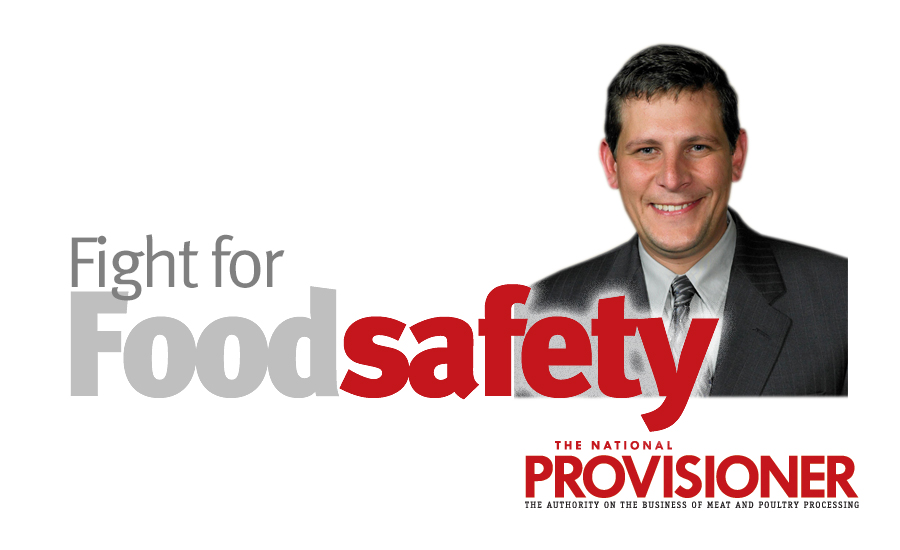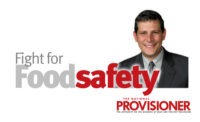So far this year, there have already been 33 recalls of FSIS-regulated products because they were misbranded or contained undeclared allergens. The smallest recall involved only 45 pounds of soup, and the largest involved 2,485,374 pounds of breaded chicken products. In total, more than 5 million pounds of food products have been recalled this year for misbranding or undeclared allergens.
Notably, many of these recalls are not the processor’s fault. Instead, the issue arises when the processor receives ingredients from a supplier that contain undeclared allergens, and the problem is only discovered after the ingredients are used. In the case mentioned above, involving nearly 2.5 million pounds of breaded chicken products, the problem was discovered after the company received notification from an ingredient supplier the bread crumbs the company received and used in the recalled products potentially contained undeclared milk. In other examples, the processor thought it was appropriately declaring the allergens in its products, only to learn that its label supplier supplied the wrong labels or made a printing mistake.
So, what can you do to protect your company? Ensure immediately that you have adequate contracts in place with each of your suppliers, and that you have sufficient insurance.
If you source ingredients or product labels from another supplier, make sure you have a written contract that governs the relationship. That contract should have a provision that makes clear the supplier will reimburse you for any losses resulting from the ingredients you buy. If the ingredients contain undeclared allergens or the labels are defective in any respect and a recall is required, your supplier will be obligated under the contract to cover your losses. The contract should also require your supplier to obtain and maintain adequate recall insurance which would cover your losses in the event you were required to recall your products because of your supplier’s acts or omissions. This way, if the recall were large enough, there would be sufficient resources to cover any losses.
Finally, you should ensure you have recall insurance of your own. Many insurance companies now sell recall insurance, and the premiums are generally reasonable. This way, even if your supplier doesn’t have sufficient resources or levels of insurance to cover your losses, you will still be insured. Just make sure when purchasing insurance to carefully review the policy and ensure there are no hidden exclusions that would allow the insurer to deny coverage in the event a recall was required.
The challenges associated with undeclared allergens will persist. Before your ingredient or label supplier causes your next recall, make sure you put a contract and adequate insurance in place. With the right contract and insurance, you will protect yourself from undeclared allergens. NP







